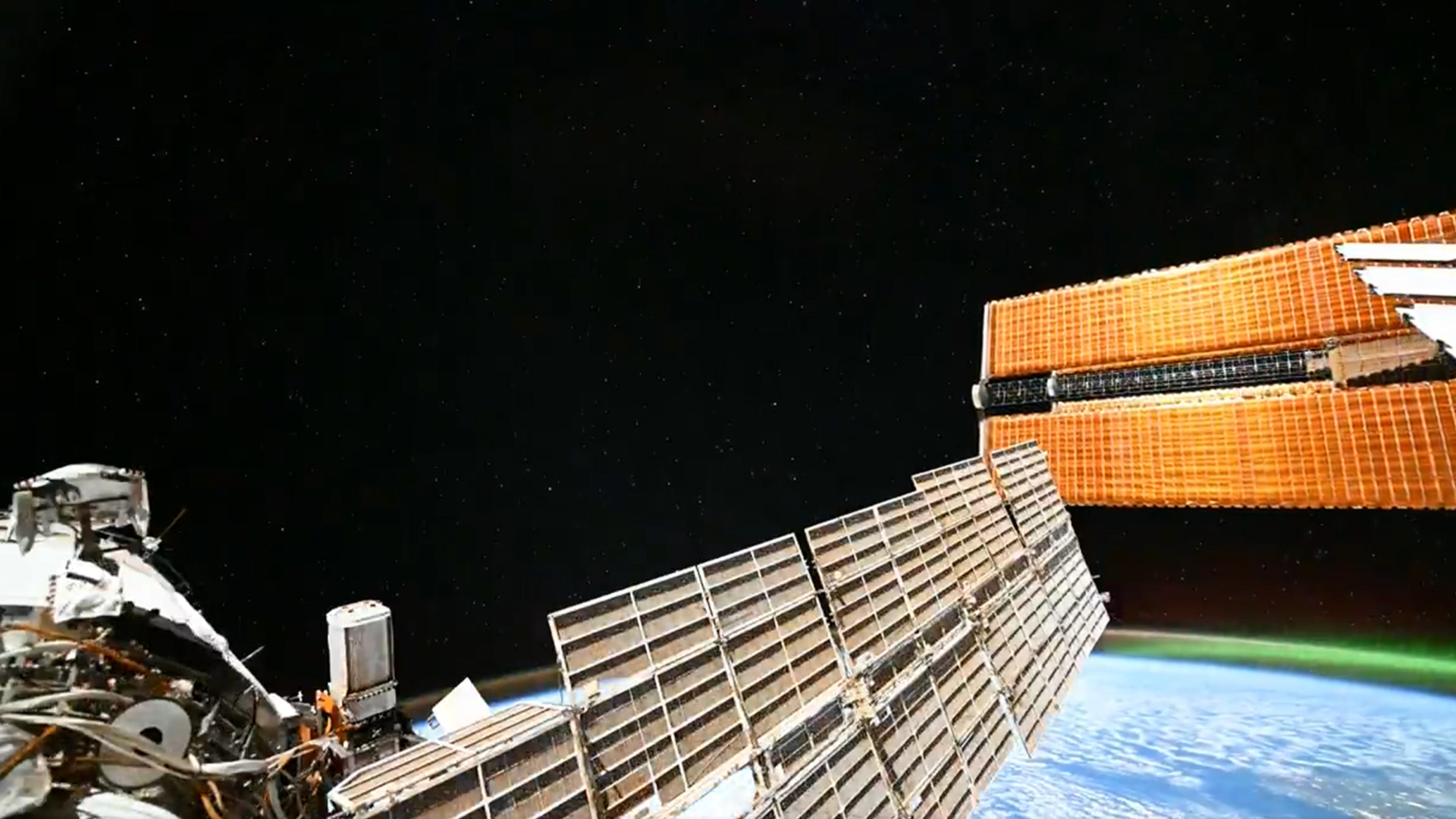NASA's COTS Contract: They've Named the Winners, But What Does it Mean?
In considering the significance of Space Exploration Technologies (SpaceX) and Rocketplane Kistler winning $500 million, the first award from NASA's Commercial Orbital Transportation Services (COTS) demonstration program, it serves to lookinto the future and consider each of two possible headlines of August 21, 2009:
"First Successful Flights of NASA COTS winners Herald New Era in Commercial Space"
"Bankruptcy; Failure in Flight of COTS Contenders Reinforces Traditional NASA/Aerospace Industrial Model"
The headlinesunderscore the promise as well as the risks associated with this new way ofdoing business with NASA for so called "New Space" companies.
The promiseis huge. A private, American capability to take cargo and eventually humans tothe International Space Station (ISS) in the beginning, and later to a privatespace station such as is the one under development by Bigelow Aerospace. Indeed, it may be that the COTS winners newly formed capability encourages Robert Bigelow to accelerate his own efforts. It is entirely possible that by 2011that we could have ISS and a Bigelow space station being serviced by ourintrepid COTS teams.
With ISSand a Bigelow station as markets it is entirely possible that the great spacetourism industry becomes a reality. With two space stations in orbit withregular service the long moribund microgravity research market isreinvigorated. It has always been the case that American industrial andresearch enterprises who wanted to use the capability of the Shuttle had astheir bitter lament that frequent and reliable access was needed forinvestment. The Shuttle never fulfilled this promise and unless the COTSplayers reach their goals it is unlikely that ISS ever will either. Withfrequent and affordable access to ISS and a Bigelow station available it islikely that industry will return to the field, providing a further return oninvestment for the COTS winners.
Frequentand affordable access by humans and cargo to orbit has the potential tofacilitate entirely new markets such as orbital debris removal and orbitalservicing of commercial and DoD assets. Beyond this, it may be that orbitalassembly facilities and a staging point for commercial missions to GEO and evento the Moon could move from the realm of science fiction to a thrivingbusiness. However, there is much work to be done before these glorious dreamsare achieved.
Breaking space news, the latest updates on rocket launches, skywatching events and more!
First ofall the teams have to get their systems built! This is not a trivial task. Inthe entire history of man only three nations have accomplished this task withresources far in excess of COTS contenders. Each and every day everyoneassociated with these efforts should wake up afraid that they have missedsomething or have overlooked a trivial yet crucial bit of data. The hopes of ageneration of space enthusiasts ride on their success and it cannot beunderestimated how high the stakes are for the New Space movement.
Beyond theinternal challenges that these companies face, there are external forces tocontend with as well. The government is a fickle and unreliable customer who'sway of breaking contracts would cause lawsuits between any two privatecompanies and who has left uncounted corporate corpses with a change ofpolitical wind direction. Space advocates are the best allies as we can screambloody murder at the first threat of this, as long as the companies meet theirmilestones.
There isanother thing that space advocate organizations can do, support the developmentof new markets. What is needed is a fair climate for new space companies toflourish. In the late 1990's California congressman Dana Rohrabacherintroduced the "Zero G, Zero Tax" bill, which would exempt from taxes profitsmade by companies that do business in space beyond the current communicationsand remote sensing companies.
Work onthis bill fizzled when the Congressional Budget Office scored the bill at $10billion in lost revenue over its twenty year life. It was never followed up onbut an immediate comment is that in order to "lose" $10 billion in revenue, almost$30 billion in profits have to be made! This is pretty good for an industrythat today generates exactly zero dollars in profits or revenue. The Internetflourished because of a tax holiday and such incentives are the push that isneeded to help create the new orbital markets to reward the huge risk that SpaceX,Rockeplane Kistler, Bigelow, and others are making or are ready to make shouldconditions become favorable.
It is spaceadvocacy's dream that both companies make it. It is likely that a form of oneor the other of the headlines will be the case in 2009. This is what a verygood 2016 headline could read should they be successful:
"Consortium of Private Space Companies Expand Lunar PolarBase"
- SpaceX, Rocketplane Kistler Win NASA COTS Competition
- Special Report: The New Space Race
- Elon Musk: SpaceX Rocket Plans Outlined
- Competition Heats Up for NASA's Space Cargo Contract
- NASA to Seek Bids for ISS Cargo Deliveries
Dennis Wingo is CEO of Skycorp Inc of Huntsville AL and theauthor of Moonrush.
NOTE: The views of this article are the author's and do not reflect the policies of the National Space Society.
Visit SPACE.com/Ad Astra Online for more news, views and scientific inquiry from the National Space Society.
